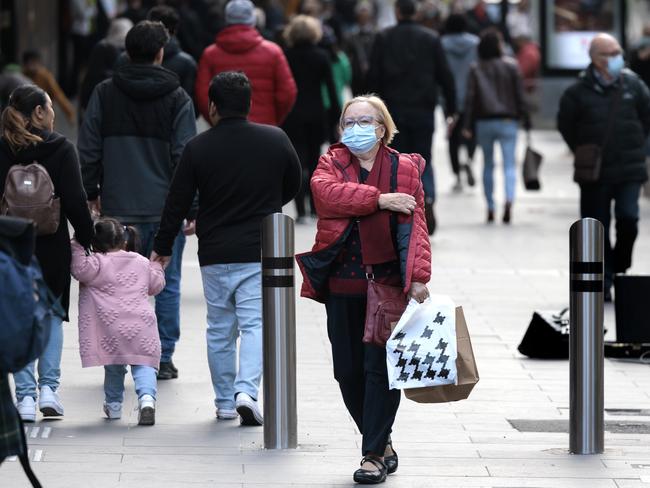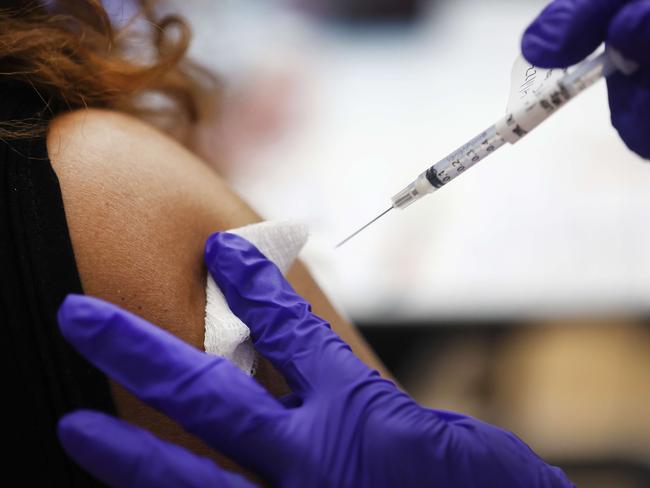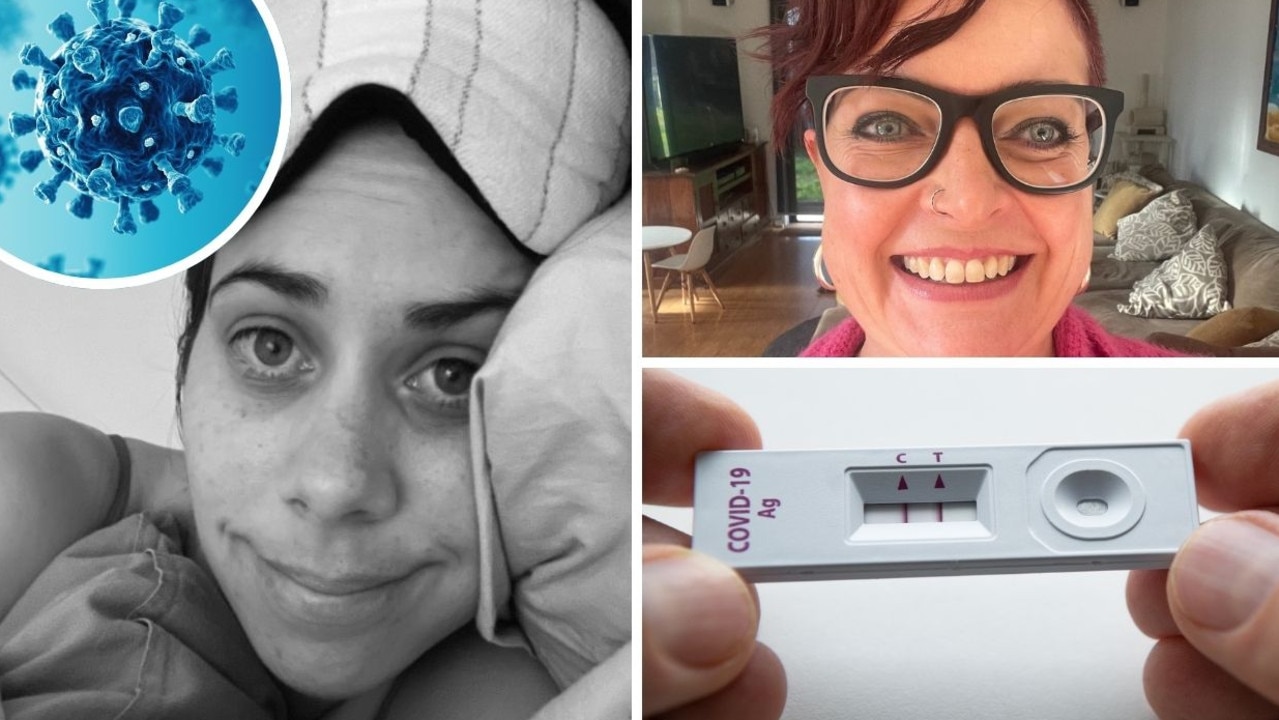Covid: What we know about reinfection and what you can do to prevent it
As the number of people getting Covid more than once soars, health experts shed light on what is driving it and what you can do to protect yourself.

Coronavirus
Don't miss out on the headlines from Coronavirus. Followed categories will be added to My News.
Covid reinfections are soaring across the country leading health experts to urge Australians to ensure they are up-to-date on their vaccines.
Data collected since November last year shows Victoria has the highest number of reinfections with more than 20,000 people testing positive more than once.
NSW has had more than 11,300 reinfections and in nearly half of those cases both infections happened after the Omicron variant emerged.
That compares to South Australia which recorded just 1700 reinfections in the same period.
Tasmania has just begun collecting data on reinfections, while Queensland does not collect any on the matter.
There is limited data on reinfections in Australia but health experts have been able to shed some light on the subject, defined as a new infection at least three months from the first one.

Epidemiologist Professor Adrian Esterman from the University of South Australia said the new BA.4, BA.4, and BA.2.12 sub variants are largely driving the reinfections.
“The new subvariants BA.4, BA.4, and BA.2.12.1 appear to have mutations that can help them get around our immunity even more than BA.2. So, I do expect reinfections to be increasingly common,” he said.
Professor Esterman said you are also “far more likely to get reinfected if you are unvaccinated”.
“Most people by now who have had two doses, but not their third, would have little protection against infection,” he warned.
“A previous BA.1 infection would give good cross-immunity against BA.2 depending on how bad you had it. After a very mild BA.1 infection, you would probably have some but not much immunity against BA.2”


Professor Catherine Bennett, chair of epidemiology at Deakin University, said the number of reinfections would actually be much higher. But because of limited data we will never know the actual figure.
“Firstly the health departments don’t routinely report the number of cases who have also reported earlier infections. Secondly, only a fraction of cases are reported, probably less than half, and so if a person doesn’t test or does but doesn’t report, one or more of their infections, then systems won’t have the data to show that person had repeat infection or infection is not reported.

“As testing compliance drops and the number of mild infections or those with no symptoms increases with rising immunity, then we will have an even more sketchy picture of reinfections.”
Professor Bennett said reinfections rates were high overseas, with the UK recording a jump from 1 per cent to 10 per cent.
As Omicron infections don’t trigger the production of Omicron-specific neutralising antibodies, leaving us more open to reinfection, Professor Bennett expects there will be reasonably high rates in Australia too. Her advice: get your booster shot if you haven’t already.
“Booster doses will help to reduce risk of any infection by up to half for those first couple of months, so if people have experienced repeat infections or want to avoid that with the big exposure risk we still have going into winter, then now is the time to have the booster if eligible,” she advised.
WHAT YOU CAN DO
- Stay up-to-date on your vaccinations
- Get tested if you show Covid symptoms
- Wash your hands
- Practise social distancing
- Wear a mask in high-risk situations
- Check ventilation





